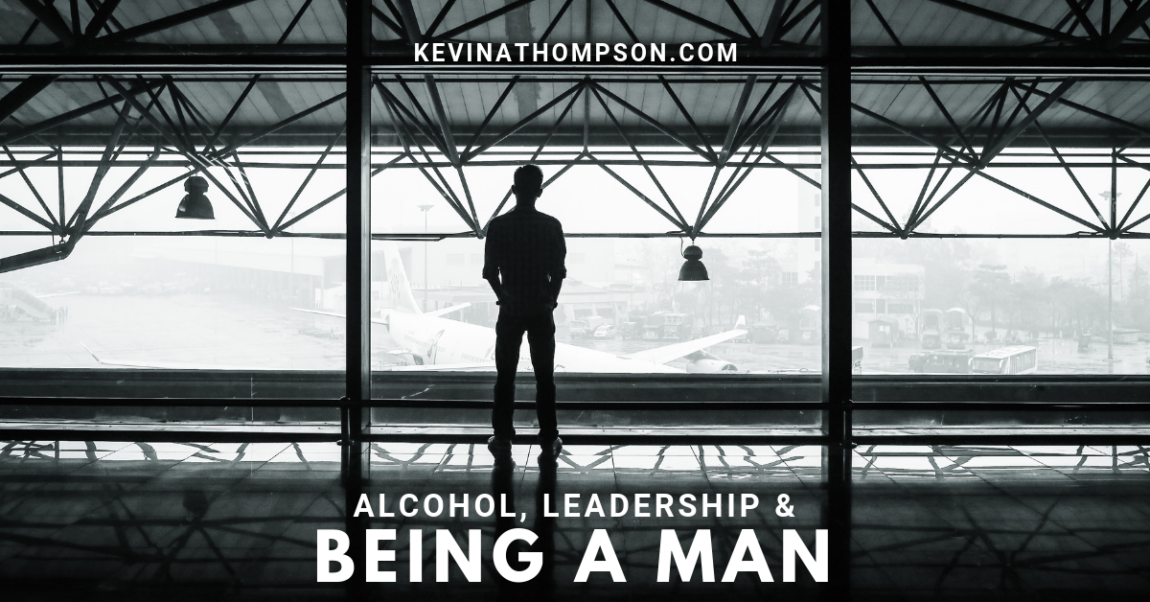It’s the angle no one is talking about. As the media is a frenzy over sexual assault charges against Supreme Court Justice nominee Brett Kavenaugh, a national debate is taking place over the nature of the #MeToo movement, gender inequality, and reporting of sexual harassment/assault. It’s a worthy conversation that is long over due.
- How do we handle accusations from decades earlier?
- What choices made by a teenager should impact their adulthood and which ones should not?
- What do we do with allegations that can’t be proven or disproven?
Yet in the midst of these discussions, there is one conversation which is not happening. It’s the discussion about alcohol.
At the heart of the allegations against Kavanaugh are an attempted sexual assault while he was a teenager at a party with a lot of alcohol present. According to many reports, the high school he attended was infamous for its students use of alcohol.
My intention here isn’t to litigate the charges against Kavanaugh. For me, the FBI should further investigate the allegations as a part of their routine background checks of nominees and then we might know how to move forward. But I do want to focus on the issue of alcohol, leadership, and masculinity.
Here’s the problem–if Bret Kavanaugh was drunk at the party in which this event took place, he doesn’t know if he attempted sexual assault or not. He can’t defend himself if it didn’t happen and he can’t know if he did it or not. (See: Alcohol–For or Against?)
This is a problem with the abuse of alcohol. (By abuse, I mean any drinking that leads to an altered mental state which clouds thinking, judgment, or memory.) An abuse of alcohol hinders our ability to do right AND prevents us from knowing how much wrong we may have done.
I do not drink. I don’t think it’s morally wrong to drink. Our family simply chooses not to partake. Part of that is personal preference, but another aspect of that is leadership position. As a pastor, I’m always on call. There are very few times in a year in which I’m fully off-limits to those I serve. Even if I’m out of town, I might need to field a phone call when someone is hurting, grieving, or in need.
Imagine if in the moment of your greatest need you called me and I was drunk. I would be of no use to you and could actually harm you with the advice I gave. For me to get drunk would invite two possible negative consequences:
1. I wouldn’t be able to serve you as a I should.
2. I wouldn’t be able to defend myself if an accusation was made.
Neither scenarios are useful. Neither are worth the risk to overuse alcohol.
As a leader, I do not have the luxury to selfishly abuse alcohol.
As a man, I’m called to serve my wife and children. While they can’t always be assured of me being my best, they do deserve the right to know that I would never intentionally enter into a mental state that could be to their detriment.
That’s how alcohol applies to me and it’s likely how it should apply to many of you.
If you currently lead, you should never abuse alcohol.
If you one day want to lead, you should never abuse alcohol.
This is a message our kids need to understand. Sadly, we live in a day in which the abuse of alcohol is an expected activity for high school and college students. It’s seen as a rite of passage, but we should call them to a higher standard. Instead of teaching them to live all about themselves during their young adult lives, we should call them to a more noble cause. They should live to serve others.
It’s okay to attend the party, but don’t drink because someone at that party might need you. (See: What a Drunk Girl Deserves)
Have fun in college, but never get drunk because one day you might apply for a position that demands a spotless record and drunk people can’t assure us they have never made a major mistake.
Teach your kids to have fun, but warn them of how their choices can have a lasting impact on their lives. (See: Should Parents Let Their Children Drink at Home?)
I can’t speak on the allegations against Brett Kavanaugh. But his story may well be a tale about the dangers of over-consumption of alcohol. It’s a story that hasn’t been properly pursued. Television, movies, social media, and adults often get a rosy view of a highly dangerous activity. I’ve never heard a person talk about what a good decision they made because they were drunk. But oh, the stories I’ve heard and the regret I’ve seen for the actions carried out by those who chose to drink too much.




12 Responses to Alcohol, Leadership, and Being a Man